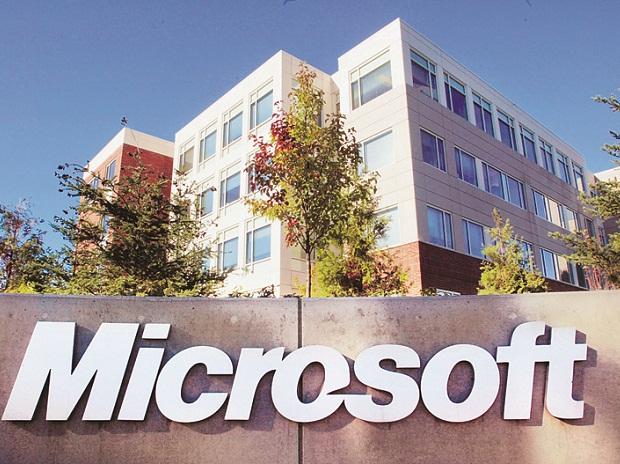Hackers sold data of 267 mn Facebook users for just Rs 41,500: Details here

Hackers have sold personal data of a whopping 267 million Facebook users for just Rs 41,500 (approximately 500 Euros). The data includes email addresses, names, Facebook IDs, dates of birth and phone numbers. Thankfully, no passwords of the 267 million Facebook users were exposed by the hacker, according to the cyber risk assessment platform Cyble. The Cyble researchers executed the sale and were able to download and verify the data. "At this stage, we are not aware of how the data got leaked at the first instance. It might be due to a leakage in third-party API (Application Programming Interface) or scrapping," the company said in a statement. Read More




